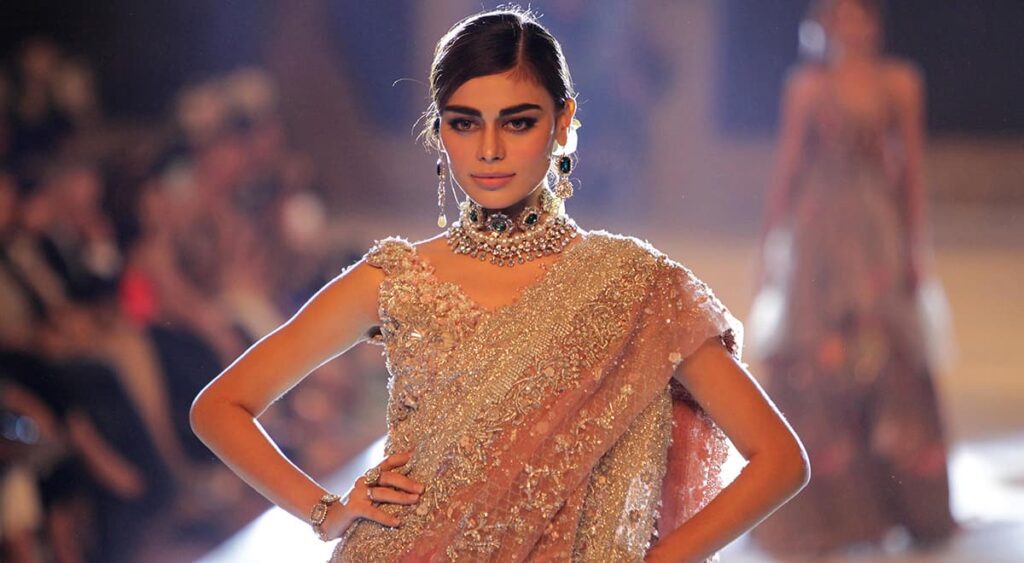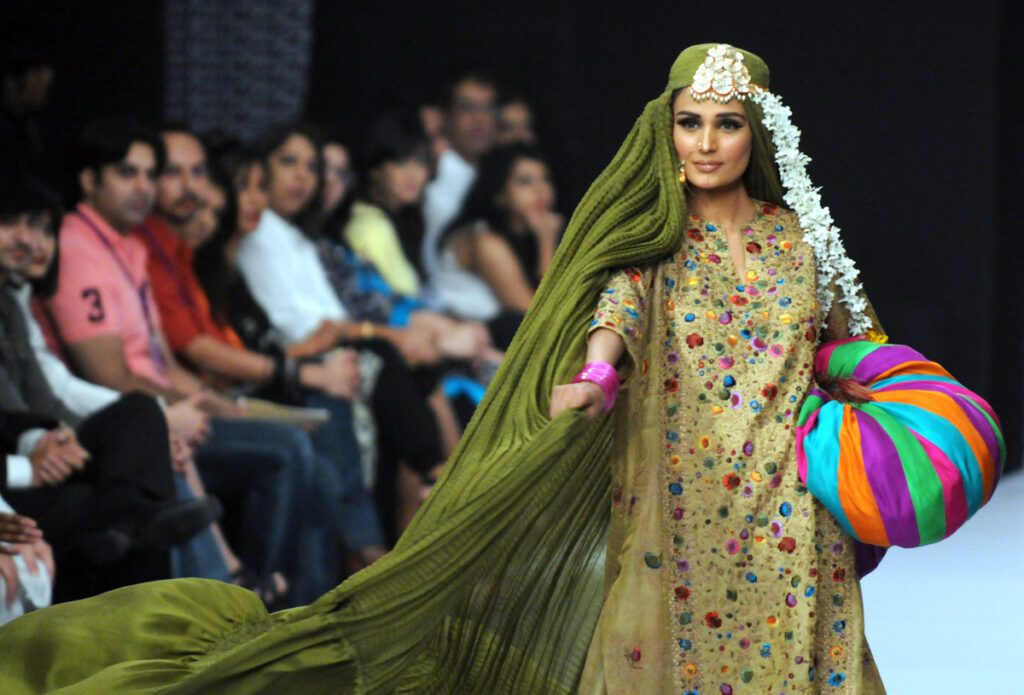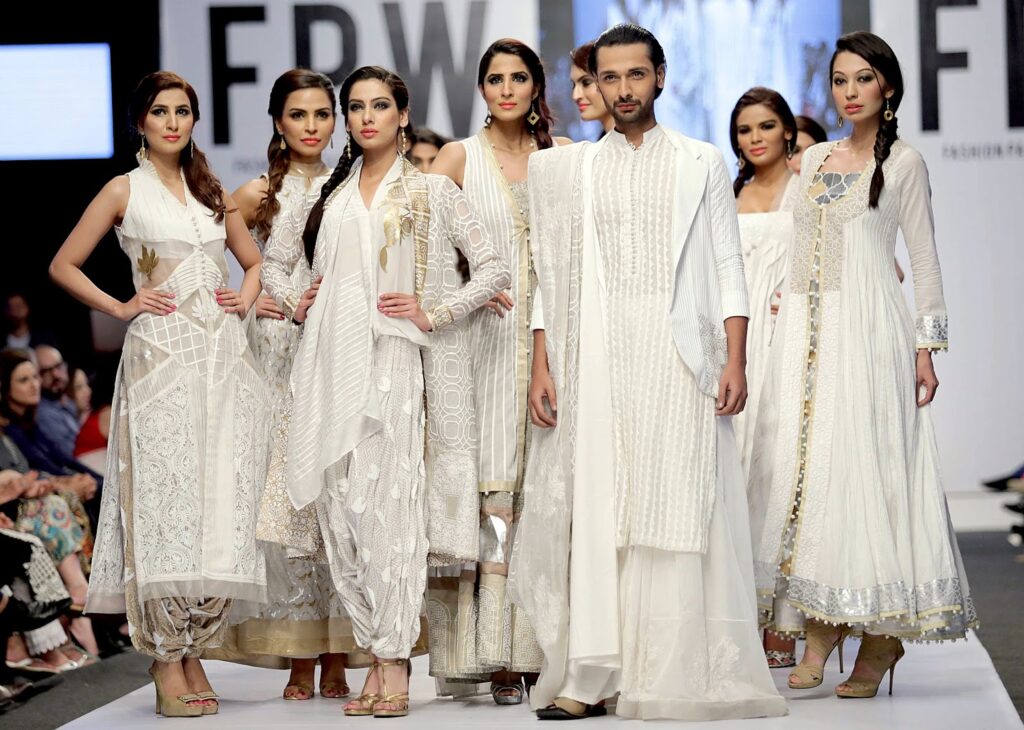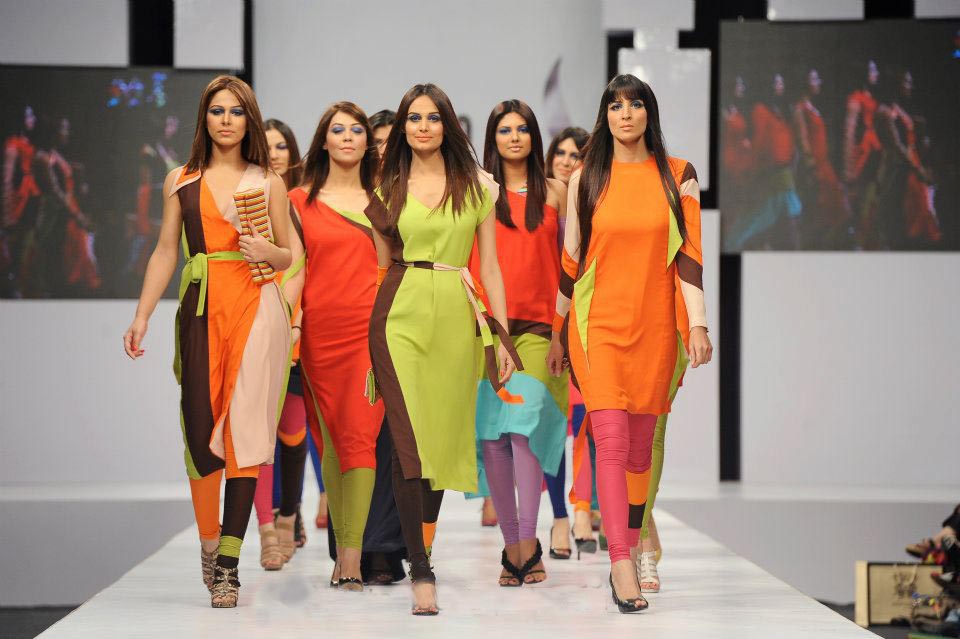How Fashion Show Organizers Make Magic Happen?
Home > Blog
Unlocking The Secrets Of Event Planning
Fashion shows are captivating spectacles that showcase the latest trends, designs, and styles in the fashion industry. Behind these mesmerizing events are the skilled fashion show organizers who work tirelessly to make the magic happen. In this blog, we will delve into the world of fashion show organizers, exploring their roles, the art of event planning, and the secrets to successful event management.
1: The Crucial Role Of A Fashion Show Organizer
- Understanding the responsibilities and expertise of a fashion show organizer in curating a remarkable event.
- A fashion show organizer’s pivotal role is bringing designers, models, and industry professionals together.
2: Event Planning: From Vision To Reality
- The art of event planning and its significance in executing a flawless fashion show.
- The meticulous process of transforming creative visions into tangible event experiences.
3: Conceptualizing The Fashion Show
- The importance of establishing a cohesive concept for the fashion show that aligns with the brand and targets the desired audience.
- Setting clear objectives to drive the planning process and deliver a memorable event.
4: Venue Selection And Logistics Management
- Navigating the intricate process of venue selection, ensuring it complements the desired ambiance and meets the event’s technical requirements.
- Efficiently managing logistics, including stage setup, lighting, sound systems, and backstage operations.
5: Collaboration With Designers And Fashion Brands
- Fostering strong relationships with designers and fashion brands to curate a compelling lineup of collections.
- Coordinating fittings, rehearsals, and show order to ensure a seamless presentation of designs.
6: Model Casting And Runway Choreography
- The art of model casting is selecting the right individuals to bring the designs to life on the runway.
- Crafting captivating runway choreography that accentuates the garments and creates an immersive experience for the audience.




7: Show Production And Creative Direction
- Overseeing show production elements such as music selection, lighting design, and stage effects to enhance the overall ambiance and visual impact.
- Providing creative direction to align the event with the desired brand image and create a cohesive narrative.
8: Front-Of-House Management And Guest Experience
- Ensuring a seamless guest experience through efficient front-of-house management, including registration, seating arrangements, and crowd control.
- Creating a welcoming and immersive atmosphere reflects the brand’s identity and leaves a lasting impression.
9: Fashion Show Promotion And Publicity
- Implementing strategic marketing and publicity initiatives to generate buzz and attract the target audience.
- Leveraging social media, influencers, and press releases to create a buzz around the fashion show.
10: Post-Event Evaluation And Analysis
- Conducting a comprehensive post-event evaluation to gather feedback, measure success, and identify areas for improvement.
- Analyzing event data and metrics to refine future fashion show strategies and enhance overall event management practices.
11: The Fine Art Of Budgeting And Financial Management
- Skillful budgeting and financial management to ensure the fashion show stays within allocated resources.
- Negotiating with vendors, managing expenses, and maximizing the impact of available funds.
12: Sponsorship And Partnership Collaboration
- Collaborating with sponsors and partners to secure financial support, resources, and brand collaborations.
- Creating mutually beneficial partnerships that enhance the event’s profile and offer value to sponsors.
13: Time Management And Deadline Adherence
- Mastering the art of time management to ensure all tasks and deliverables are completed within the designated timeframe.
- Adhering to deadlines for designer submissions, model fittings, rehearsals, and show execution.
14: Crisis Management And Problem Solving
- Navigating unexpected challenges and handling crises with composure and quick thinking.
- Implementing contingency plans and problem-solving strategies to mitigate risks and ensure a seamless event experience.
15: Trendspotting And Industry Insights
- Staying up-to-date with fashion trends, industry innovations, and emerging designers to curate a dynamic and relevant fashion show.
- Bringing fresh perspectives and forward-thinking ideas to create an event that resonates with the target audience.
16: Team Leadership And Collaboration
- Leading a diverse team of professionals, including stylists, production crew, volunteers, and more.
- Fostering effective communication, collaboration, and synergy among team members to achieve event objectives.
17: Ethical Considerations
- Promoting inclusivity, diversity, and sustainability in fashion show organization.
- Adhering to ethical practices, such as fair treatment of models, responsible sourcing of materials, and conscious decision-making.
18: Post-Event Networking And Relationship Building
- Leveraging the fashion show as a platform for networking, building industry connections, and nurturing relationships with key stakeholders.
- Cultivating long-term partnerships that contribute to the success and growth of future fashion events.
19: Education And Professional Development
- Emphasizing the importance of continuous learning and professional development for fashion show organizers.
- Pursuing relevant certifications, attending workshops, and staying informed about the latest trends and best practices in event management.
20: The Evolution Of Fashion Show In The Digital Era
- Exploring the impact of technology and digital platforms on fashion show organization and promotion.
- Leveraging social media, live streaming, and virtual experiences to enhance the reach and engagement of fashion events.
21: The Future Of Fashion Show
- Exploring emerging trends and innovations in fashion show organization.
- The integration of technology, immersive experiences, and interactive elements to push the boundaries of traditional fashion shows.
22: Inspiring Examples Of Excellence
- Showcasing success stories of renowned fashion show organizers who have significantly impacted the industry.
- Highlighting their unique approaches, achievements, and contributions to the world of fashion events.
Conclusion:
Fashion show organizers are the driving force behind the glamour and success of fashion events. Their expertise in event planning, management, and creative vision brings designers, models, and audiences together to create extraordinary showcases. Their meticulous efforts ensure that fashion shows genuinely make magic happen.